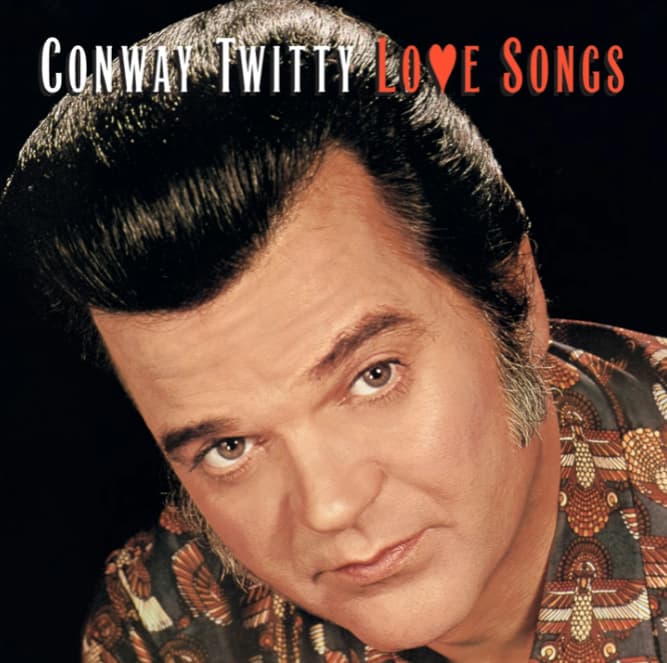
An Enduring Ode to Everlasting Romance
More than a simple seduction, it’s a profound commitment to enduring love, through youth and old age.
It was January 1980 when Conway Twitty, the undisputed master of the country music ballad, released his single “I’d Love to Lay You Down.” This track wasn’t just another hit; it was a defining moment that launched him into the new decade with a renewed sense of mature, romantic intimacy. The song, written by Johnny MacRae, soared straight to the top of the charts, becoming Conway Twitty’s 24th number one single on the Billboard Hot Country Songs chart, where it held the coveted spot for a week. Featured on his album Heart & Soul, it encapsulated the very essence of Twitty’s powerful, suggestive, yet ultimately tender appeal.
The story behind the song is really in the lyrics, a testament to enduring love that flies in the face of so many fleeting country narratives. At first listen, the title suggests a typical ‘Twitty’ bedroom ballad, one of those sultry, almost scandalous songs he perfected in the 1970s. His deep, smooth baritone begins with a promise to forgo the cliché, turning away from “starry skies or moonlight on the ground” in favor of saying plainly what he wants.
But then, the song performs a brilliant, heartwarming turn. The seductive surface melts away to reveal a depth of devotion that resonated powerfully with married, long-term couples. The true meaning emerges in the famous lines about the woman standing in the kitchen, “in your faded cotton gown / With your hair all up in curlers.” He’s saying that even in the most unglamorous, everyday moments—the real, comfortable life they’ve built together—she is still beautiful, still desirable. It is a genuine affirmation that love isn’t just about the thrill of new romance; it’s about the profound, sustaining pleasure of domestic partnership.
This theme of lasting commitment is what makes “I’d Love to Lay You Down” so special, particularly for those of us who remember slow-dancing to it back then. It reaches its emotional peak in the final verse, looking ahead to a time “When a whole lot of Decembers / Are showin’ in your face.” Twitty promises that when “your auburn hair has faded and silver takes its place,” she will be “just as lovely” and he will “still be around.” It’s a beautifully frank acknowledgement of age and mortality, assuring his partner that his desire is rooted in something far deeper than fleeting youth—it’s rooted in shared history, respect, and deep, abiding love. The song isn’t an invitation to a one-night affair; it’s a beautiful, passionate proposal for the rest of their lives, delivered with his signature, unforgettable growl. It gave a whole generation of men the perfect words to tell their wives how much they truly loved them.